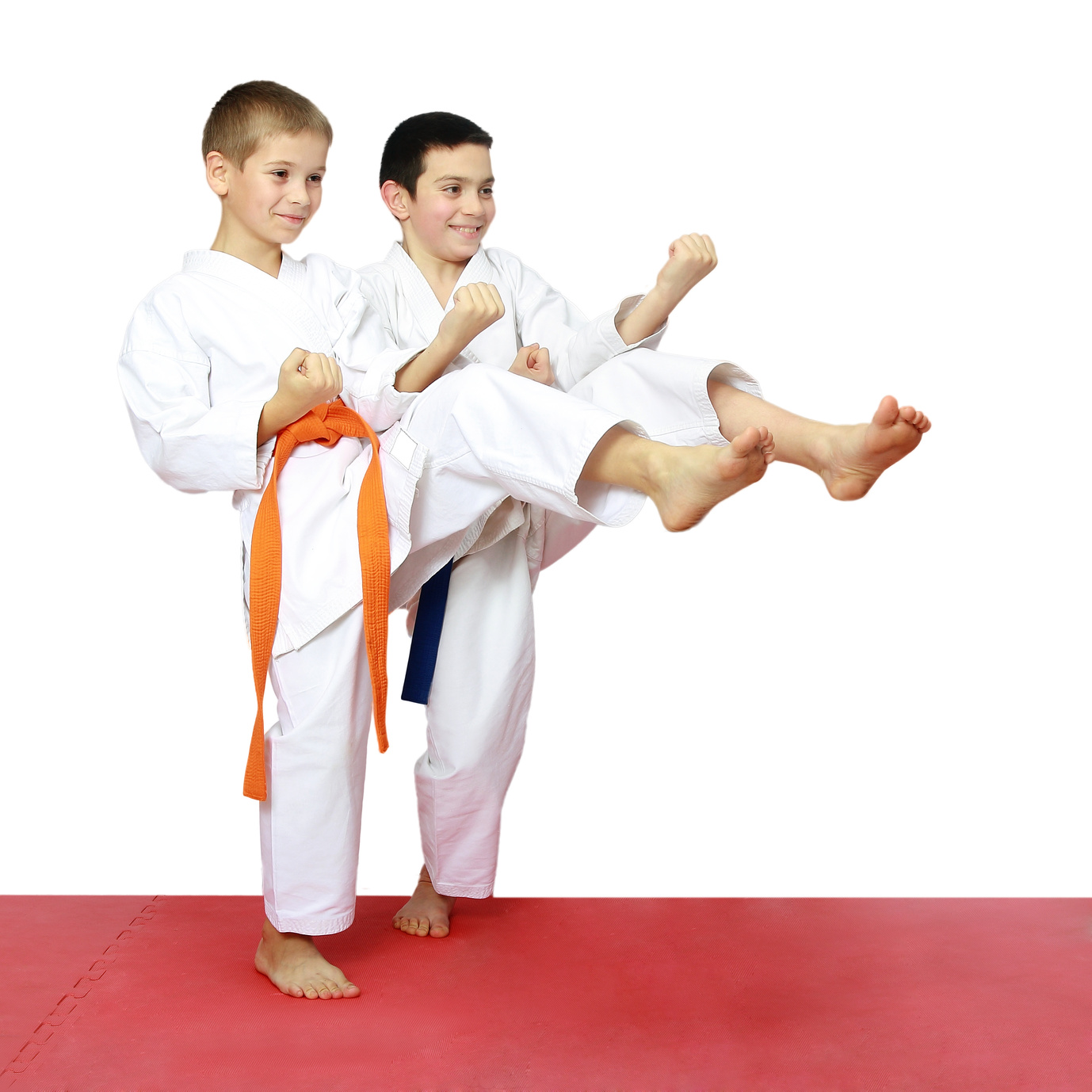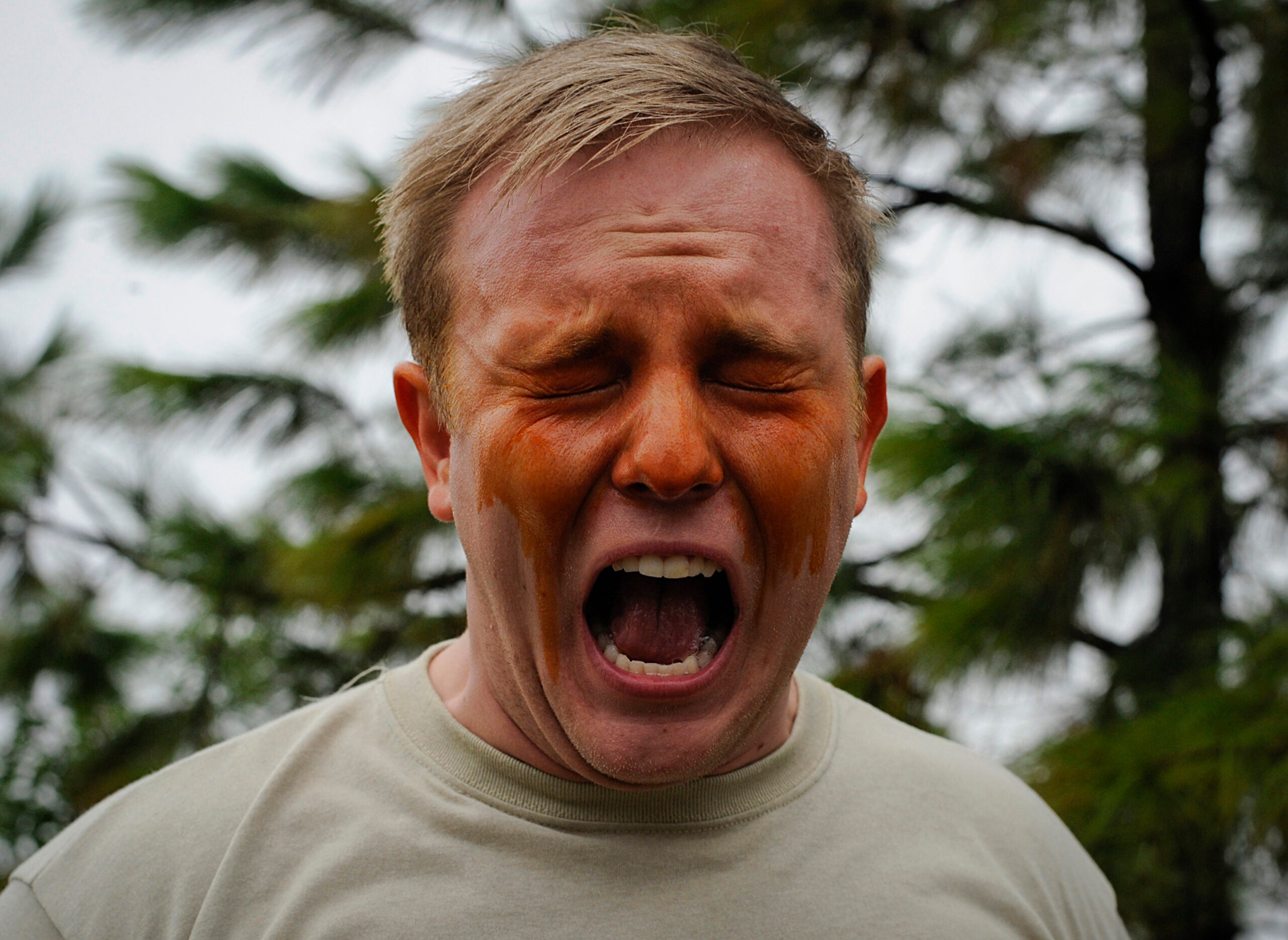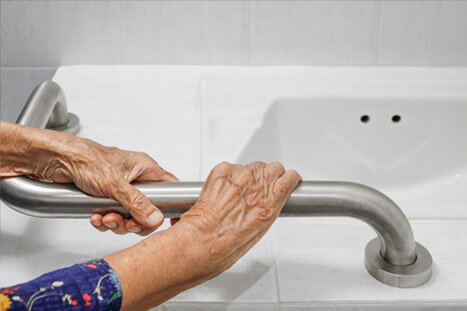
Psychological self defense refers to the threat of injury to the self as a threat to identity. This defensive reaction is often impeded by the fact that the threat is pathological, meaning it does not care who is injured. It is possible to change your perspective and decrease the perceived threat by affirming a valuable value for yourself. The following are three examples of pathological threats. Read on to learn more about each of them.
Psychopaths don't care who gets hurt
Psychopaths won't care about anyone who gets hurt, unless you have a strong instinct to defend yourself. Psychopaths don't feel sorry for their actions and won't care about who is hurt. They will never feel sorry for hurting anyone and they won't care if that person gets hurt. Psychopaths have a grandiose view of themselves and believe the world doesn't apply. These people will do anything to get away with it, even harming other people.
They don’t care who gets hurt
Psychopaths on the other side don't care if anyone else is hurt in self defense and are more likely to be manipulative. Psychopaths create fear in their victims and cover their threats with stories about disappearances or family secrets. This manipulation strategy plays on victims' emotions and minds so that they comply with the bully.

Imperfect self defense
There are two types of self-defense: imperfect and normal. Perfect self-defense is when a person believes they are in imminent threat and has no other option but to use deadly force for their protection. This doctrine does not apply in every situation.
Forcing death
It is okay to use deadly force in self defense if the person who is defending themselves believes that they are about to be seriously injured or killed. To justify the use of deadly force, a rapist must threaten to harm the victim with a substantial risk of death or great bodily injury. A force that is unprovoked can be considered deadly. These are: self-defense must justify the use force. However, there are two exceptions to this rule: excessive force during the initial attack and withdrawal.
Motivational theory
R.W. Rogers, in 1975. Later expanded in 1983. The protection motiv theory attempts to predict how people will react in stressful situations. The topic of cancer prevention and quitting smoking were among the most popular. Some minor topics included the use of a bicycle helmet, reducing caffeine intake, improving oral hygiene, pain management in the post-surgical period, and safe pesticide use. The research shows that the psychological as well as physiological factors that impact self defense are the identical to other topics.

Neglect
The primitive defense mechanism of denial is called denial. It can be used in isolation or combined with other subtle mechanisms that prevent someone from experiencing unpleasant emotions. Students might not acknowledge their lack of preparation during tests, for instance. Similarly, a person may avoid acknowledging their lack of preparation in a presentation by minimizing their effort. Denial in self-defense can be dangerous.
FAQ
What's a good workout routine for daily?
Regular exercise is essential to staying fit. It doesn't matter what type of fitness activity you choose as long as you do it regularly. Consistency and consistency are the keys to success. It is important to stay consistent in order to get results.
Begin by walking for a few minutes each day. Gradually increase your exercise time until you are able to spend 30 minutes per day. You can choose to run, swim, weight train, do yoga or take aerobics classes.
Try to get active every day. Don't miss any sessions unless you have an excuse.
Wear appropriate clothing and footwear when exercising outdoors. You should also consider the weather conditions that could affect your ability exercise safely.
When you exercise, make sure you are drinking plenty of water. Drinking alcohol during exercise can cause dehydration. Also, don't drink caffeine-rich beverages like tea, coffee, or cola. They will not only give you more energy but also dehydrate you.
After your first exercise, you may feel tired. You'll feel more energetic and refreshed if you keep going with your exercise program.
Do I have to exercise every single day?
No! Do at least 30 minutes of moderate intensity physical activity five days a week. This could be walking fast enough so you feel slightly out breath or cycling hard enough to sweat.
Is it possible to go to the gym every day of the week?
Yes, you can go to a gym seven days per week. But not all at once. This means you need to choose a time when you feel rested and not too tired.
This will keep you motivated and provide energy for other activities.
You also need to ensure that you eat well enough during these times. This will ensure you don’t feel tired and sluggish going to the gym.
Last but not least, ensure there are no other people competing for your time. You might want to avoid working out on school nights if you have kids. They can distract you from your exercise routine.
Statistics
- According to the American Heart Association, blood pressure should be checked at least once every two years, beginning at age 20. (my.clevelandclinic.org)
- According to the American Academy of Dermatology (AAD), men over 50 are at a heightened risk of developing it. (healthline.com)
- Cardmembers earn 5% Back at Amazon.com with a Prime Credit Card. (amazon.com)
- The PRS enabled risk stratification for overall prostate cancer and lethal disease with a four-fold difference between men in the highest and lowest quartiles (HR, 4.32; 95% confidence interval [CI], 3.16-5.89). (pubmed.ncbi.nlm.nih.gov)
- By John Thompson Take a whopping 38% off a set of PowerBlock Pros. (menshealth.com)
External Links
How To
How to Eat Well for Men
Instead of eating three large meals a day, eat small meals. A smaller meal means you spend less time digesting the food. You'll be less likely to overeat later.
Avoid snacks before bedtime. You will be hungry the next day if you eat late at night.
Take a snack about an hour before you go to bed.
Avoid snack attacks where you grab something every time you feel hungry. This is especially dangerous if you're already overweight.
Make sure that all of your meals are balanced. Avoid skipping breakfast and make sure that you don't eat too much at lunch and dinner.
If you're having trouble losing weight, cut back on calories.
You should cut down on alcohol, caffeine, or nicotine. Both can affect how your body processes nutrients.
Get enough sleep. Sleep deprivation makes people crave junk food.
Exercise regularly. Exercise improves your mood, boosts energy levels, and burns extra calories.
Take care of your emotions. Stress can lead overeating or weight gain.
Relax. Relaxation can be achieved through meditation and yoga.
Keep track of what you eat. Notify your family about everything you eat.
Take care of your vitamins and supplements. Vitamins and minerals are often not enough for men to stay healthy.
Every day, take a multivitamin. A daily multivitamin can help you avoid deficiencies in certain vitamins and minerals.
You might consider taking a vitamin-C supplement. It helps keep your immune system strong and prevents scurvy.
Include zinc in your diet. Impotence can be caused by zinc deficiency.
Drink water. Your fluid intake should not exceed 1.5 liters per day (roughly 4 cups).
Limit salt. Limit sodium intake.
Trans fats should be avoided. Trans fat has been linked with higher obesity, diabetes and heart disease rates.
Best male enhancement pills for 2018 - Best Male Enhancement Pills Reviews
There are many types of male enhancement products today. Some work well, while others do not provide any real results. This article will help you find the best male enhancement drugs that actually work.